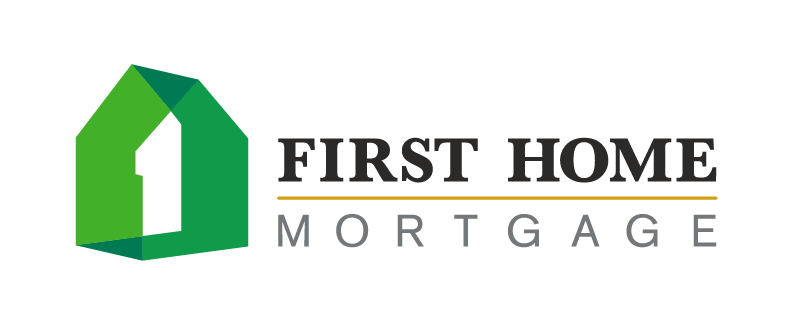As you enter the home buying marketplace, the first question you should ask is how much home can you afford? The answer is not always as straightforward as you might expect. In fact, it’s all too common for buyers to find they qualify for a much larger mortgage than they can afford. As you consider your home buying options, here’s a closer look at the math that determines what you can truly afford to borrow.
Create a Budget
Before you begin, you need to create a budget. List out all of your income, including the income of your co-buyer and any investment income you regularly tap. Then, list your expenses and keep in mind that your utility and insurance expenses may go up once you move to a house, as will the costs to maintain your home.
Once you have a basic budget in place, you’re ready to determine how much home you can afford. A good rule of thumb to consider is having no more than 36 percent of your total income going to debt, and that debt includes your mortgage. Most financial professionals feel that people should spend less than 30 percent of their gross monthly income on housing expenses, with 28 percent considered a perfect number.
If those numbers sound surprisingly low to you, you are not alone. When you add up your student loans, car loans, and credit card payments, then add a mortgage, it’s easy to get to that 36 percent quickly. But this is an important calculation to make because a mortgage is a long-term financial commitment. you’ll be repaying that loan for 15 to 30 years, and you want to make sure you are able to afford it.
Loan Term Matters
The term of your loan also impacts how much you can afford to borrow. A 15-year loan will have a higher monthly payment than a 30-year loan. If you’re finding that the amount you wish to borrow is too high for your monthly budget, consider a longer-term loan as an alternative to lower that monthly payment amount.
Other Costs to Consider
As you consider how much you can afford to borrow, make sure you consider other costs as well. Not only will you need to cover your mortgage payment, but you will also be responsible for property taxes, homeowner’s insurance, and any HOA fees that come with the property. These are likely expenses you aren’t currently paying, and you need to account for them in your calculations.
Still Confused? Use a Mortgage Calculator
If you find that these numbers are still confusing to you, consider using a mortgage calculator. With a mortgage calculator, you can put in the purchase price, your down pavement, your interest rate, and other factors you know. This will help you calculate your monthly payment amount based on different loan options. You can also talk to a Maryland mortgage professional for help. Contact Drew Gilmartin at First Home Mortgage for professional guidance as you search for a loan that will fit your budget and keep your finances secure.
Source
https://www.bankrate.com/calculators/mortgages/new-house-calculator.aspx


